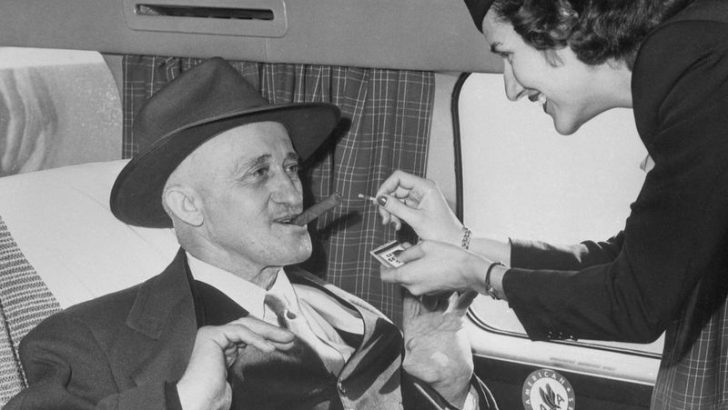There was a time when boomers held certain things in high regard, viewing them as pillars of society and personal success. Fast forward to today, and many of those same things have become the subject of ridicule and the butt of jokes. This shift isn’t necessarily a bad thing; it reflects changing priorities and values across generations.
Boomers once respected things like answering machines and encyclopedias, which have now become relics of a bygone era. Let’s explore ten such items that have transitioned from reverence to satire, and perhaps chuckle at how times have changed.
1. Answering Machines
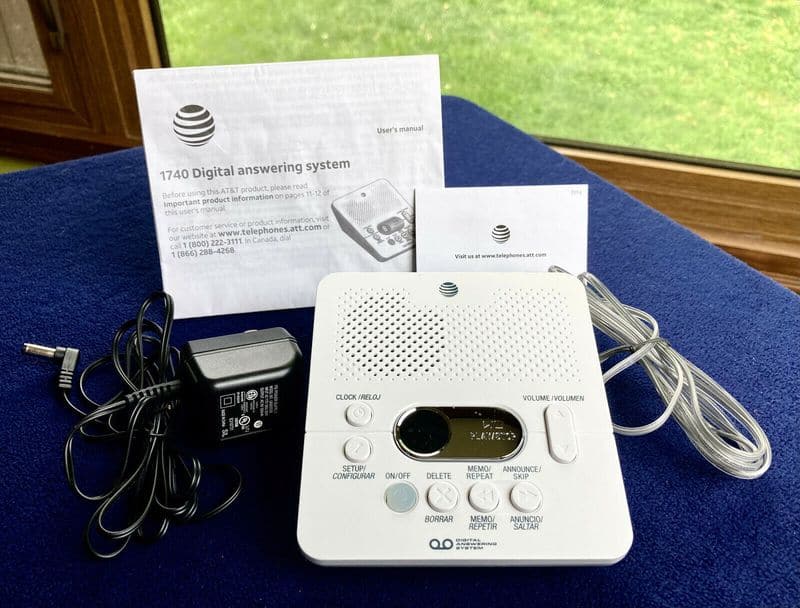
Boomers once cherished their answering machines, a marvelous invention that allowed them to screen calls and never miss an important message. In today’s world, these bulky devices are archaic, replaced by the sleek convenience of smartphones. Who needs a tape recorder when voicemails are just a touch away? With the rise of texting and instant messaging, waiting for a beep became more of a hassle than a help. Now, they gather dust in garages and attics, an artifact of communication’s evolution. It’s amusing to think of the patience once required to listen to each message, hoping for something important.
2. Encyclopedias

Encyclopedias were once the cornerstone of knowledge, sitting proudly in many a boomer’s living room. These hefty books offered a gateway to distant places and complex ideas. However, the internet has transformed the way we access information. Why flip through volumes when Google can provide answers in milliseconds? The once-revered encyclopedias now seem cumbersome and outdated. Libraries have been replaced by search engines, and pages by pixels. For many, the tactile experience of reading an encyclopedia is missed, but not enough to outweigh the convenience of digital knowledge. Nostalgia, yes, but practicality wins the day.
3. Formal Dining Rooms
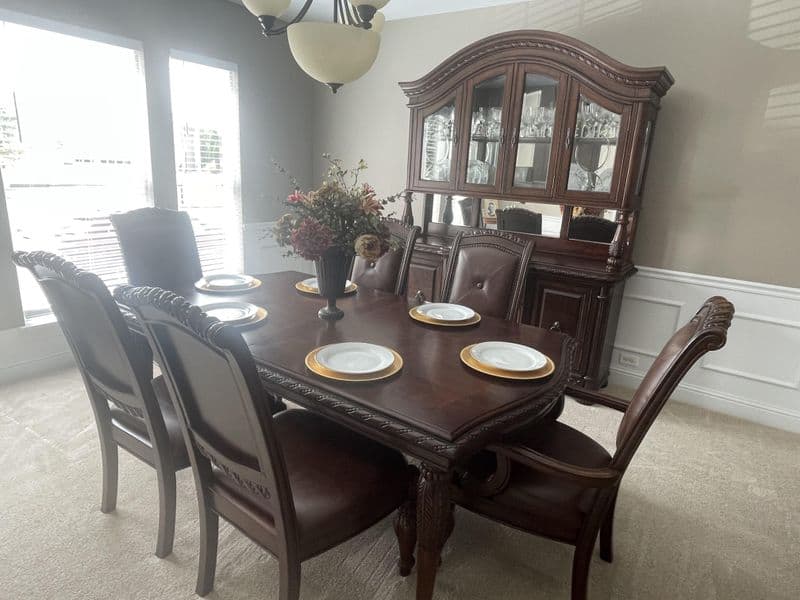
Boomers revered the formal dining room, a symbol of status and family gatherings. Today, such spaces often go unused, viewed as impractical for modern living. Open-concept designs have taken over, emphasizing flexibility and connectedness. The idea of setting a separate room just for dining feels outdated to many. Now, kitchens double as dining areas, reflecting the casual, fast-paced lifestyle we lead. Formal dining rooms are often seen as a luxury rather than a necessity. It’s a humorous shift, as families now prefer the comfort of eating together in cozy, informal settings. A toast to change, indeed.
4. Ironing Clothes

Ironing clothes was once a weekly ritual for boomers, a sign of neatness and care. Today, it’s often bypassed as wrinkle-resistant fabrics and casual dress codes prevail. The chore of ironing seems excessive when life moves at breakneck speed. Many now embrace the ‘just out of the dryer’ look, especially with the rise of remote work. The once-ubiquitous ironing board now spends more time tucked away than in use. The shift reflects a broader change in priorities, where comfort and convenience trump meticulousness. Ironing, once a necessity, now feels like a remnant of a slower, more formal era.
5. Shopping Malls

Boomers flocked to shopping malls, the heartbeat of social and retail life. These centers were where communities gathered, and teenagers hung out. Yet, the advent of online shopping has turned malls into ghost towns. Why brave the crowds when you can shop from your couch? Many malls are now closing or repurposing space, a nod to changing consumer habits. The nostalgia for mall culture remains, but practicality leans toward e-commerce. It’s a testament to how technology reshapes our lives. The mall’s decline mirrors a shift in priorities, as convenience and time-saving options take precedence over nostalgia.
6. Landline Phones

For boomers, the landline phone was a lifeline, connecting homes and hearts. Today, it’s more of a relic, replaced by the convenience and portability of cellphones. The rotary dial and busy signals evoke nostalgia but aren’t missed in our fast-paced, mobile world. Landlines now serve more as decor or emergency backups. The transformation underscores a broader shift in communication preferences. Mobile devices offer texting, video calls, and apps, making traditional landlines obsolete. It’s a humorous reminder of how swiftly technology evolves, leaving once-essential devices behind. The landline phone, once central, now feels quaint and cumbersome.
7. Home Cooked Meals Every Night
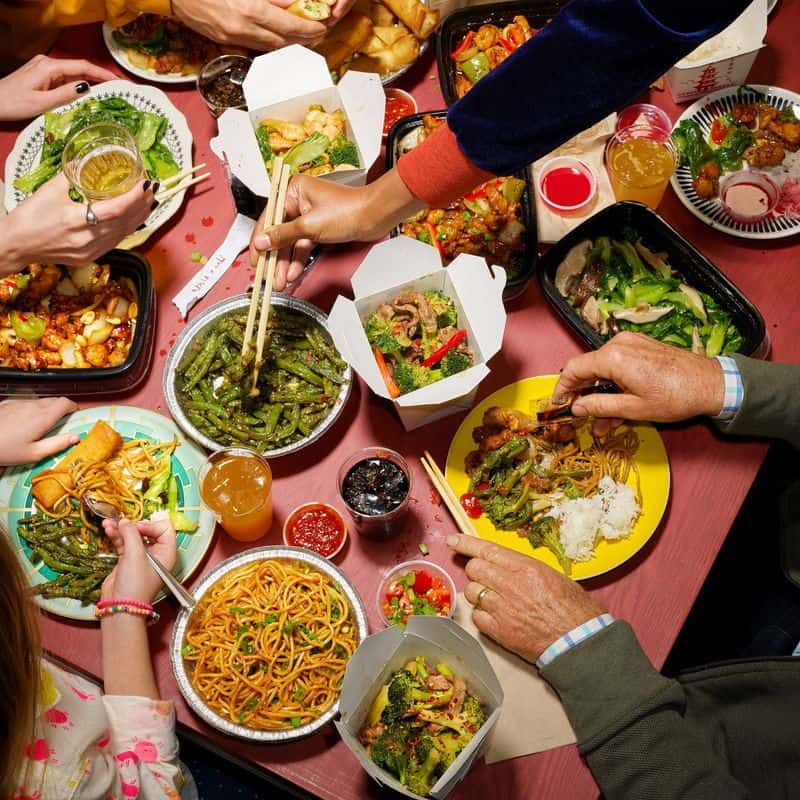
Boomers valued home-cooked meals every night, a sign of care and tradition. Today, busy schedules and diverse diets have shifted this norm. Takeout, meal kits, and dining out offer convenience that many can’t resist. The ritual of a nightly home-cooked meal has given way to flexibility and choice. Kitchens are now spaces for quick meals or experimental cooking, rather than nightly feasts. It’s a shift reflecting our fast-paced world, where time is at a premium. The nostalgia for home cooking remains, but practicality often dictates otherwise. It’s a humorous nod to how our lifestyles continue to evolve.
8. Writing Letters

Letter writing was an art form for boomers, a personal touch in communication. In the digital era, emails and texts have taken over. The charm of handwritten letters is still appreciated but feels impractical. The time and effort involved seem excessive when instant communication is at our fingertips. Yet, there’s a romantic nostalgia associated with letter writing, a longing for personal connection. While some still cherish the handwritten note, it’s more a novelty than necessity. The transition from pen to keyboard signifies broader changes in communication, as speed and convenience overshadow tradition. A nod to simpler times, indeed.
9. Department Store Credit Cards
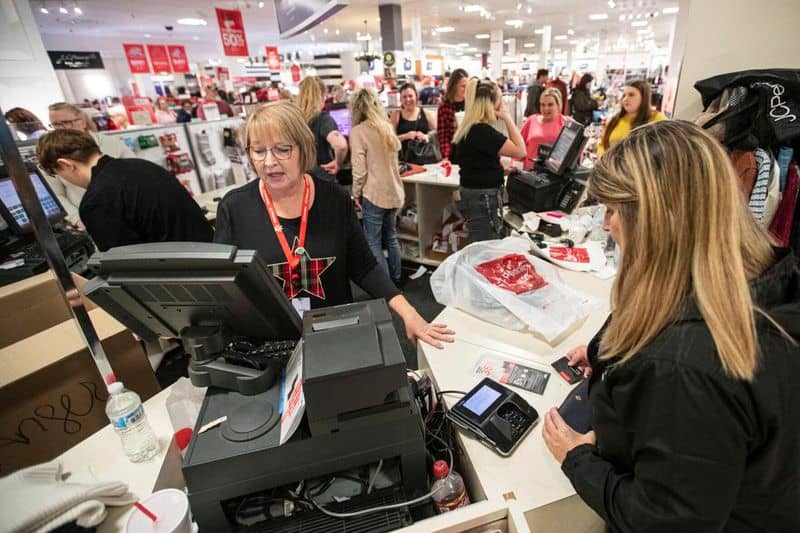
Boomers once proudly carried department store credit cards, symbols of loyalty and status. Today, they seem almost comical amid a sea of rewards and cashback cards. Why limit yourself to one store when options abound? The exclusivity once prized now feels restrictive. Many department stores have closed or gone online, further diminishing the allure of store-specific cards. It’s a humorous shift, as consumers now seek broader benefits. The loyalty to a single brand has waned, replaced by the desire for flexibility and value. Department store cards, once a badge of honor, are now a quirky footnote in retail history.
10. Formal Job Interviews

Formal job interviews were once the gold standard for boomers, a rite of passage into the professional world. Today, video interviews and casual meetings are the norm. The formality has eased, reflecting changes in workplace culture. Suits and ties have given way to more relaxed attire, emphasizing skills over appearance. The shift highlights a broader trend towards authenticity and efficiency. While the tradition of formal interviews holds nostalgic value, many prefer the speed and convenience of modern methods. It’s a humorous reflection on the evolution of hiring practices, where adaptability is key. The formal interview, once revered, now feels a bit theatrical.

Well, hello there!
My name is Jennifer. Besides being an orthodontist, I am a mother to 3 playful boys. In this motherhood journey, I can say I will never know everything. That’s why I always strive to read a lot, and that’s why I started writing about all the smithereens I came across so that you can have everything in one place! Enjoy and stay positive; you’ve got this!

